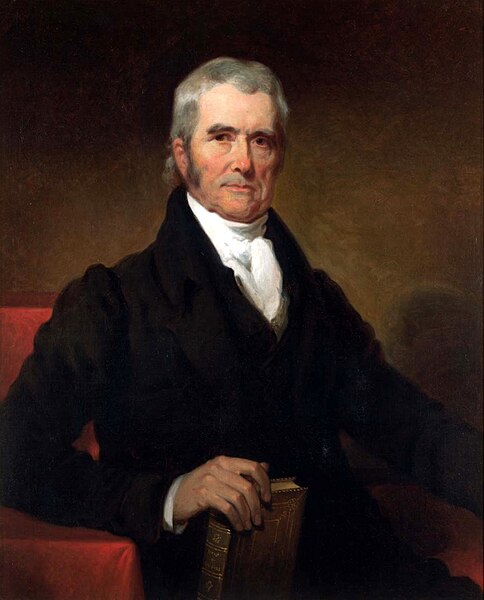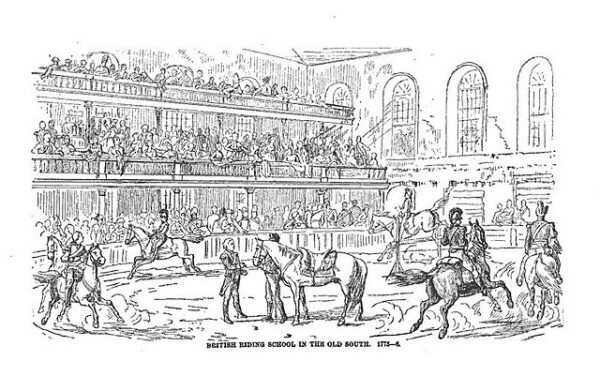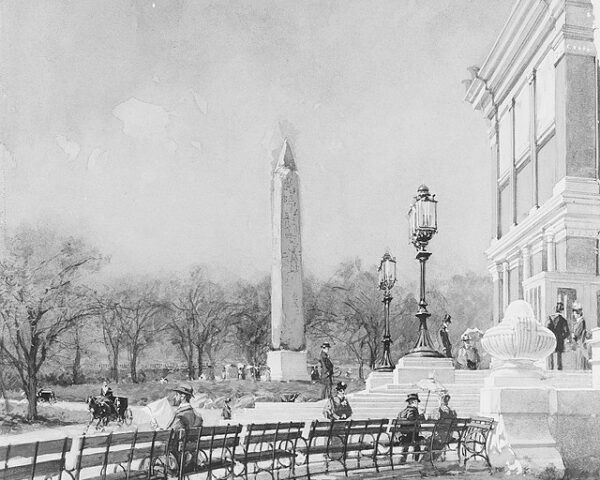On February 24, 1803, the Supreme Court established its power, shaping the country’s constitutional framework and establishing the principle of judicial review. Marbury v Madison centered around a dispute involving William Marbury, one of the “midnight judges” appointed by outgoing President John Adams in the final days of his administration.
In the final hours of Adams’ presidency, he appointed numerous Federalist judges and justices to fill various positions, aiming to secure Federalist influence in the judiciary. Marbury was one such appointee, nominated to be a justice of the peace in the District of Columbia. However, due to an administrative oversight, Marbury’s commission was not delivered before the new administration of President Thomas Jefferson took office, and his appointment was left unresolved.
Marbury petitioned the Supreme Court for a writ of mandamus, a legal order compelling Secretary of State James Madison to deliver his commission. The case presented Chief Justice John Marshall with a delicate situation. Marshall, a Federalist, was wary of potential clashes with the Jeffersonian administration, which held a different political ideology. Nevertheless, he faced the fundamental question of whether the Judiciary Act of 1789, which empowered the Supreme Court to issue writs of mandamus, was constitutional.
In the landmark decision, Chief Justice Marshall, writing for a unanimous Court, declared that Marbury did have a right to his commission, but the provision of the Judiciary Act granting the Supreme Court the authority to issue such writs was unconstitutional. This decision was crucial because it established the principle of judicial review, the power of the judiciary to review and invalidate acts of the other branches of government if they were found to be unconstitutional.
Marbury v. Madison solidified the judiciary as a co-equal branch of government with the power of constitutional interpretation. By asserting the Supreme Court’s authority to review and invalidate acts of Congress, it set the stage for the development of constitutional law and the role of the judiciary in the United States. This decision marked a critical moment in the evolution of the American system of checks and balances, ensuring that no single branch of government could wield unchecked power.
The legacy of Marbury v. Madison endures, as the concept of judicial review remains a cornerstone of American constitutional law. The case has been cited and referenced in countless legal arguments and scholarly discussions, emphasizing its lasting impact on the interpretation and application of the U.S. Constitution.






